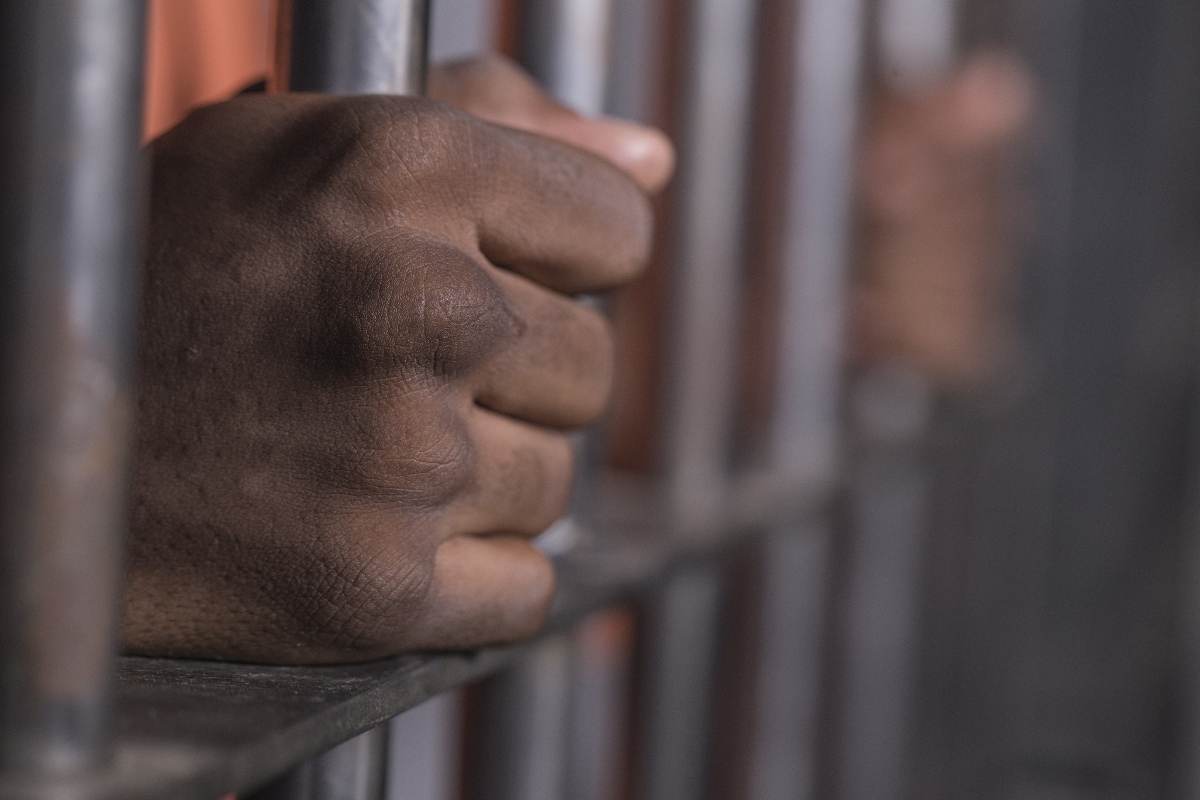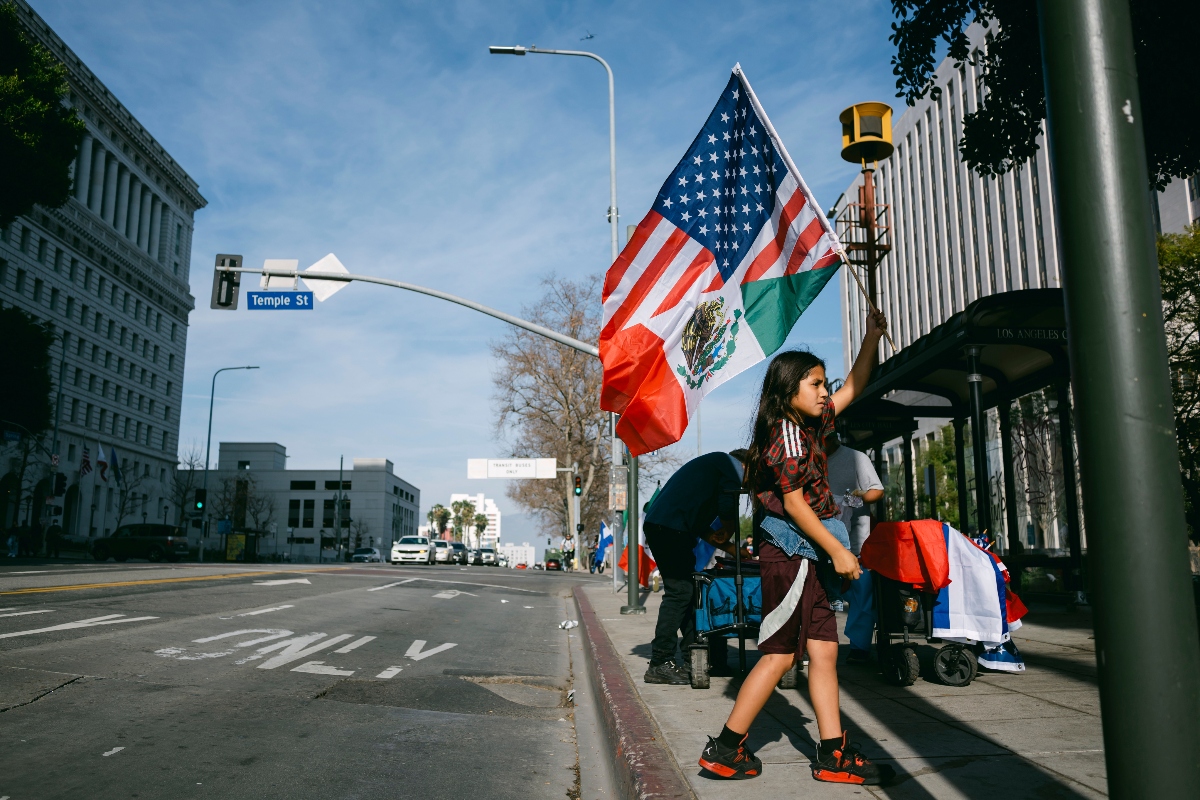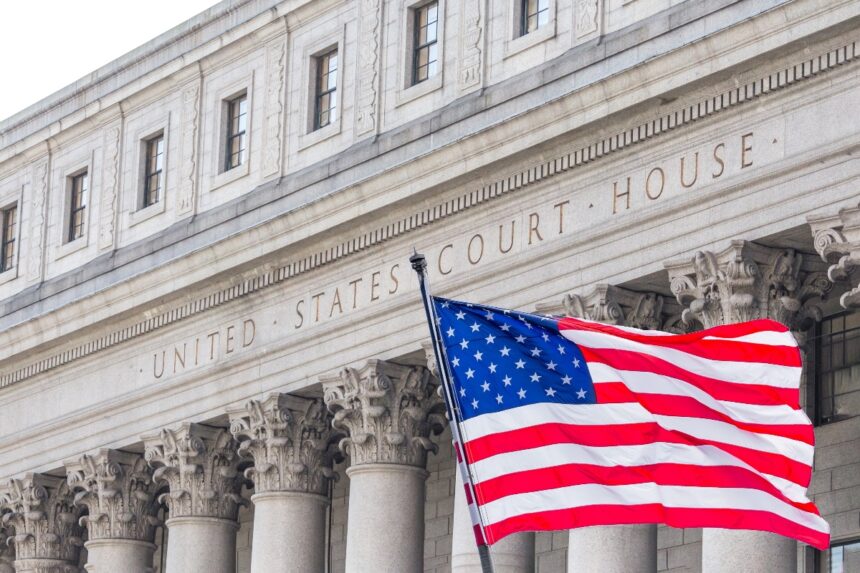In September of this year, the U.S. Supreme Court issued a key decision that has raised alarms about constitutional protections, especially among Latino and immigrant communities.
In Noem v. Vasquez Perdomo, the Supreme Court issued a “shadow docket” order allowing federal agents to reinitiate ICE operations in Los Angeles, California, based on reasonable suspicion that may include factors such as appearance, language, employment, or other similar indicators (racial profiling).
What was decided

The United States Supreme Court issued a key decision
QuéOnnda.com
A previous injunction prohibiting immigration stops and detentions based solely on race, accent, occupation or location was lifted.
The ruling was split 6-3, with the conservative majority backing the measure.
In the concurring opinion, Judge Brett Kavanaugh argued that these factors (appearance, employment in certain sectors, language, etc.) could contribute to what is considered “reasonable suspicion” if combined with other evidence (racial profiling).
Real implications

For immigrants and Latino communities in the United States, this decision means that:
Federal patrols can now resume stops and detentions without prior legal restrictions, increasing the risk of racial profiling.
Human rights groups warn that the Fourth Amendment (protection against arbitrary arrest and search) is violated.
Fear is growing in immigrant neighborhoods: some people already avoid speaking Spanish in public, carry IDs all the time or move around less, to avoid encounters with ICE.
Legal status and next steps
This temporary ruling allows these practices while litigation continues.
It is not a final decision that has been fully set forth in a lengthy opinion of the Court, but an order issued quickly.
Additional hearings are expected, and debate continues in lower courts as to whether constitutional rights will be restored or protected again.
For more information, visit QuéOnnda.com.























